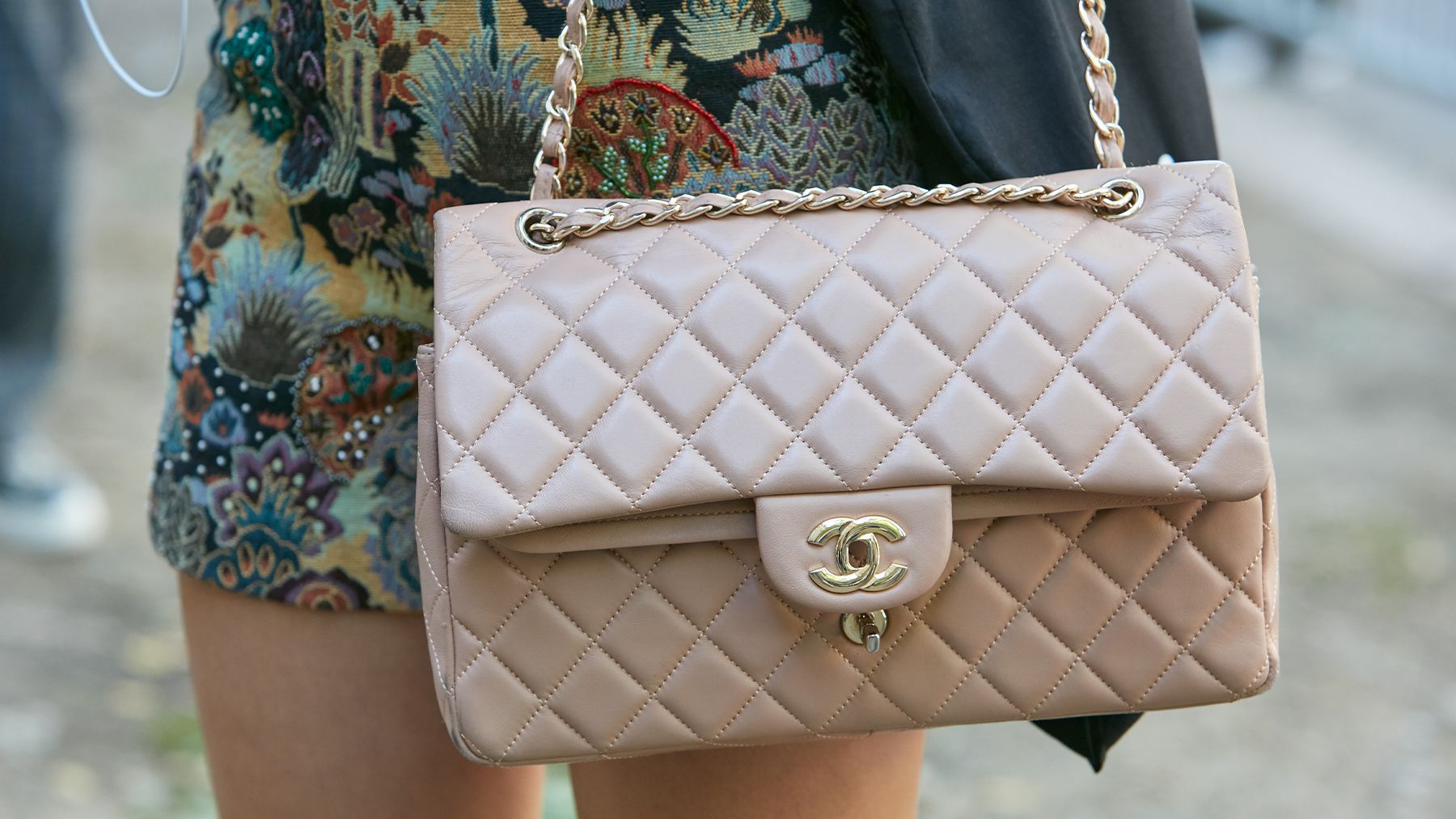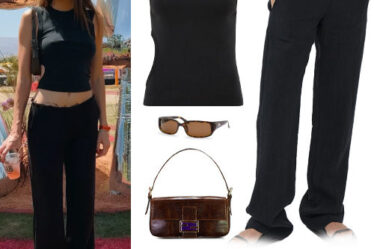
Chanel is among a group of luxury brands that are placing new restrictions on selling their products to Russian nationals abroad amid Western outrage over Russia’s invasion of Ukraine, and as concerns about running afoul of sweeping economic sanctions against Russia mount.
Interior designer Lisa Litvin was one such shopper. On Thursday while on a visit to Dubai’s Mall of the Emirates, she was surprised to find she was unable to buy a lilac quilted Chanel crossbody bag at Chanel’s boutique. The store associate asked Litvin to sign a Chanel-branded document stating that her main residence was not in Russia and that she would not take her purchase with her to Russia.
Litvin refused, feeling “humiliation and discrimination,” she told BoF, and took her shopping elsewhere in the mega-mall — specifically Jimmy Choo, where no such restrictions stopped her.
A representative for Chanel told BoF the brand is complying with trade sanction laws. The restrictions, announced on March 15, prohibited the “[sale], supply, transfer or export, directly or indirectly, [of] luxury goods … to any natural or legal person, entity or body in Russia or for use in Russia.”
A Russian blogger and film producer named Polina Pushkareva had a similar experience on the same day while shopping in Paris. In order to buy shoes from Chloé and Chanel at the department store Galeries Lafayette, she was asked to present proof of a visa to work outside of Russia or proof of owning property outside of Russia, she said. Pushkareva was able to comply because she currently lives in New York City. Chloé and Richemont did not immediately respond to a request for comment.
Litvin and Pushkareva posted about their experiences on Instagram and Telegram, where there were reports of other shoppers being turned away in Milan and Istanbul if they only had a Russian passport.
“[The sales associate] told me it was a new rule in the European Union,” Pushkareva said. “I could see the sales associates [were] extremely uncomfortable to ask me these questions, and they were apologising a lot,” she said.
Litvin and Pushkareva said they were asked for documentation after the sales associates realised they were Russian. (Litvin’s home address came up in the store records, she said, and Pushkareva said she and the sales associate had discussed her nationality while she was trying on shoes.)
The clients’ accounts demonstrate that for luxury brands, the work of navigating rising concerns about the moral, public relations and legal hazard of trade with Russian shoppers is complicating business even far away from their shops in Moscow and Saint Petersburg.
Luxury’s biggest groups, LVMH and Kering, did not respond to a request for comment on their policies regarding selling to Russians abroad.
But reports of leading brands like Chanel seeking to verify Russian clients’ residence outside the country shows companies “are clearly viewing the restriction on the exports of luxury goods to Russia very robustly,” said Adam Smith, a partner at Gibson, Dunn & Crutcher, formerly a senior sanctions official at the US Treasury.
Susan Scafidi, founder and director of the Fashion Law Institute at Fordham Law School, said luxury brands could be vulnerable to discrimination lawsuits if they do not approach how they screen shoppers neutrally.
“Chanel could argue that it’s caught between a rock and a hard place, but unless they are asking everyone, every single customer, whether they are from from down the block living in Paris, born and raised, or they are from Russia … then that’s potentially discriminatory,” she said.
A representative for Chanel said the brand is working to improve its approach to asking customers for residency information. “We recognise that this process of walking through the law has caused disappointment to some of our clients,” said the representative. “We apologise for any misunderstanding this may have caused, as welcoming all our clients, regardless of where they come from, is a priority for Chanel.”
With their boutiques in Russia closed, luxury brands may also be wary of contributing to grey-market goods flowing into the country. Chanel in particular has worked to curb the activity of resellers in other markets. It announced a new policy in March in South Korea asking shoppers to sign up for store visits that has allowed the brand to screen for resellers, according to the Associated Press.
Russian shoppers at home and abroad are estimated to account for 4 to 8 percent of the global luxury market according to Bernstein.



